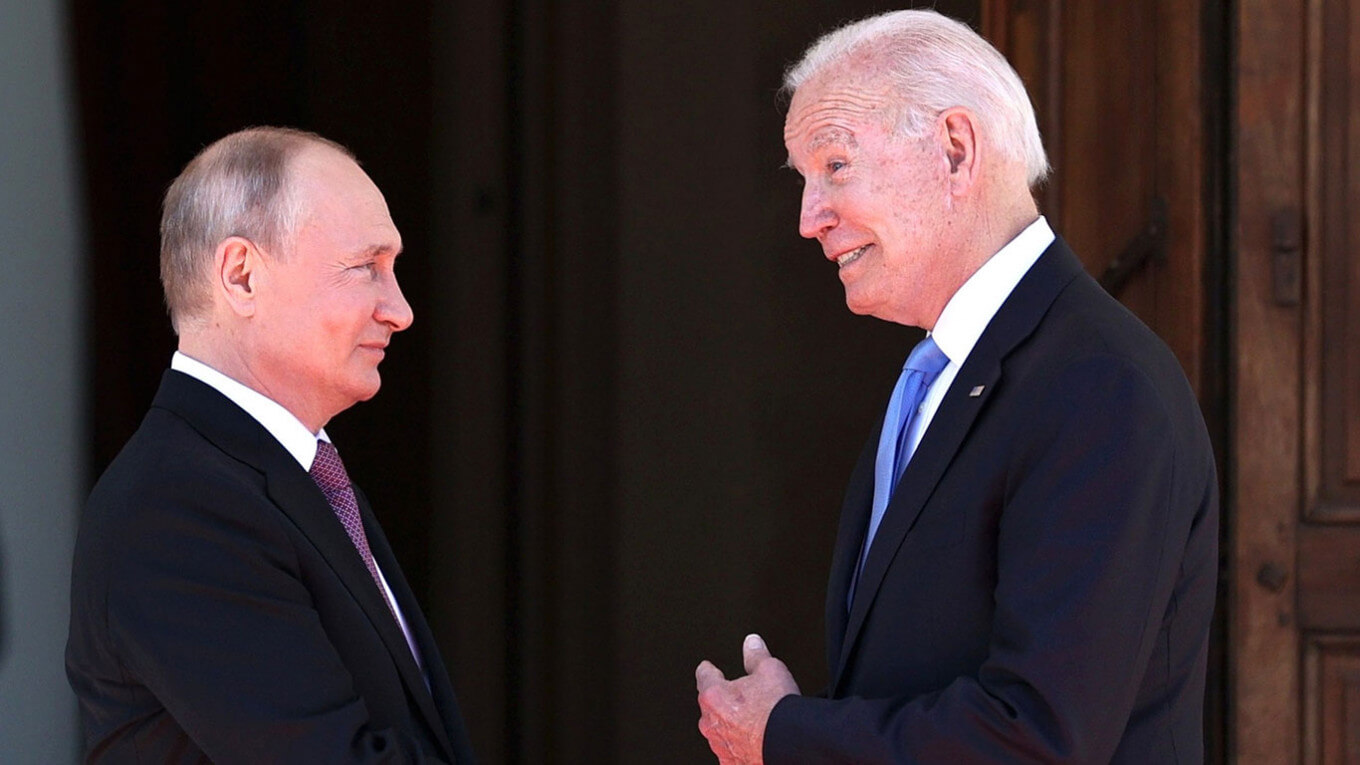On Sunday, the United States (US) Deputy Secretary of State Wendy Sherman informally met with Russian Deputy Foreign Minister Sergey Ryabkov to discuss the various issues they plan to discuss at today’s Strategic Stability Dialogue (SSD).
US Department of State spokesperson Ned Price confirmed in a statement that Sherman affirmed Washington’s preference for “genuine progress through diplomacy,” while also adding that the US fully supports “international principles of sovereignty, territorial integrity, and the freedom of sovereign nations to choose their own alliances,” in a clear reference to Ukraine.
Price also said that the US will not discuss issues regarding European security without its European partners and allies. Therefore, these issues will instead be discussed during Russia’s meetings with the North Atlantic Treaty Organization’s (NATO) in Brussels on January 12 and the Organization for Security and Cooperation in Europe (OSCE) Permanent Council meeting in Vienna on January 13.
After the preliminary meeting, Ryabkov told reporters that the talks are going to be “difficult.” On his expectations from the upcoming SSD meeting, he maintained that Russia comes with a clear position that is “understandable” and “clearly formulated” at a high level, reasoning that this means that “deviating from our approaches simply is not possible.”
On Sunday, United States (US) Secretary of State Anthony Blinken downplayed chances of immediately resolving tensions with Russia over Ukraine. In an interview with Jake Tapper from CNN, Blinken said, “I don’t think we’re going to see any breakthroughs in the coming week,” adding, “It’s hard to see making actual progress as opposed to talking in an atmosphere of escalation with a gun to Ukraine’s head,” calling out Russia for amassing 100,000 troops along the Ukrainian border.

Moscow has also downplayed possibilities for immediate resolution of tensions. Speaking ahead of the talks in an interview with Russia’s state-owned RIA Novosti, Ryabkov said the talks could abruptly end after the first meeting, adding, “The Americans should have no illusions about this”. Before departing for Geneva, Ryabkov said Moscow is “disappointed” with signals from Washington and Brussels, and that Russia will not give in to any sort of concessions.
In December last year, high ranking officials from Russia and US agreed to meet in Geneva to discuss Russian President Vladimir Putin’s security demands over Ukraine. In the same month, Putin sent out a detailed list of security demands to US and NATO in an effort to deescalate tensions with Ukraine. Putin demanded that Ukraine’s bid for NATO membership be rejected and that the US halt its military manoeuvres near Russian borders.
Putin has warned that he stands ready to launch a military response if the West fails to meet its security demands. Likewise, Deputy Foreign Minister Sergei Ryabkov has previously said that Russia is ready to deploy its intermediate-range nuclear missiles in Europe if NATO redeploys its intermediate-range missiles.

